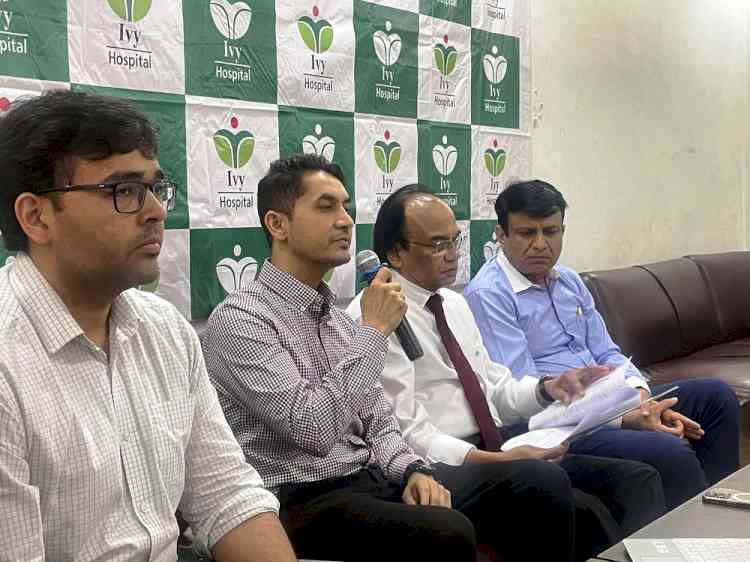Fast food overdose found in 92% heart attack patients; study

Chandigarh, October 3, 2018: “92% of heart attack patients were found to eat fast or fried food 7 or more times a week whereas only 8% ate fast food less than 3 times a week, hence providing a substantial link between high consumption of fast food and risk of developing severe heart disease.”
These were the findings of a study by Punjab Rattan Honorary cardiologist, Dr Rajneesh Kapoor who is presently working as senior director – interventional cardiology at Medanta Hospital, Gurgaon.
Dr Kapoor said , the study enrolled 480 patients, all taking treatment for heart disease, with or without history of heart attack. The patients were asked to provide information through a research questionnaire.
He said further , information on food habits revealed 68% of study population consuming fast food more than 7 times per week, 31% less than 3 times per week. Heart attack was found prevalent in 32% of total patients. 92% of them belonged to group consuming fast food 7 or more times a week.
He says , the presence of a fast food joint in the vicinity was spotted as relevant factor linked with high consumption of outside food. Fast food joint in less than 1 km vicinity was seen in 71% of subjects who consumed outside food more frequently whereas it was only in 19% of subjects consuming fast food less than 3 times per week. 65% people prefer eating fast food to match children’s food choice menu”
According to Dr Kapoor said the findings should serve as a warning about the public health dangers of the fast food and outside food eating trend.
Fast food is bad for being unhealthy, largely due to high amounts of fat, salt & calories contained in the processed food. Over time, consumption of these foods can lead to weight gain, high blood pressure and high cholesterol. These factors are known to increase the risk of heart disease- the leading cause of worldwide deaths, maintained Dr Kapoor.
Findings also closely link the environment in which we live and our health. The types of food available in urban & residential areas influences food choices. Thus, the regulation of the location & density of fast food restaurants should be considered, Dr Kapoor remarked.

 cityairnews
cityairnews 














